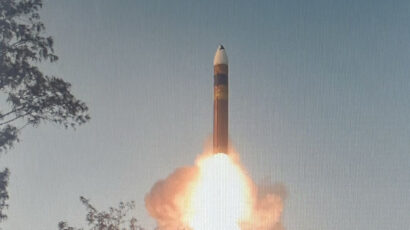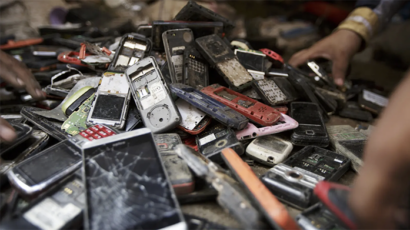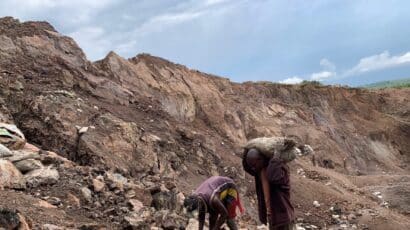Nuclear pursuits, 2012
By Hans M. Kristensen, Robert S. Norris | January 1, 2012

Nuclear Notebook: Nuclear weapons history
In this article, we highlight the key milestones and facts regarding the nuclear pursuits of the first five states to develop nuclear weapons—the United States, the Soviet Union and Russia, Britain, France, and China.
Though we are in the seventh decade of the nuclear age, the discipline of nuclear history is still in its infancy. Whereas the US Manhattan Project has been treated extensively, the role of nuclear weapons during and after the Cold War remains a fertile research area. More information is needed to understand the role of nuclear weapons in foreign policy and diplomatic relations. Better understanding the development of nuclear weapons programs could help to predict or prevent the rise of new ones. Additionally, incorporating the role of nuclear weapons into historical accounts not only greatly enriches, but also is essential to, our understanding of the past and present; for example, one cannot consider the US—Japanese relationship without examining the aspect of nuclear weapons…
To read this full article for free, visit our online archive here.
To download a PDF of this article, click this link.
To read an authoritative accounting of world nuclear arsenals, click here for all Nuclear Notebook columns.
The Nuclear Notebook is researched and written by Hans M. Kristensen, director of the Nuclear Information Project with the Federation of American Scientists and Robert S. Norris, a senior fellow with the FAS. The Nuclear Notebook column has been published in the Bulletin of the Atomic Scientists since 1987. The Nuclear Notebook column has been published in the Bulletin of the Atomic Scientists since 1987.
Together, we make the world safer.
The Bulletin elevates expert voices above the noise. But as an independent nonprofit organization, our operations depend on the support of readers like you. Help us continue to deliver quality journalism that holds leaders accountable. Your support of our work at any level is important. In return, we promise our coverage will be understandable, influential, vigilant, solution-oriented, and fair-minded. Together we can make a difference.
Issue: Bulletin of the Atomic Scientists Volume 68 Issue 1
Keywords: Britain, China, France, Nuclear Notebook, Russia, Soviet Union, United States, history, nuclear states, nuclear weapons
Topics: Nuclear Notebook
















